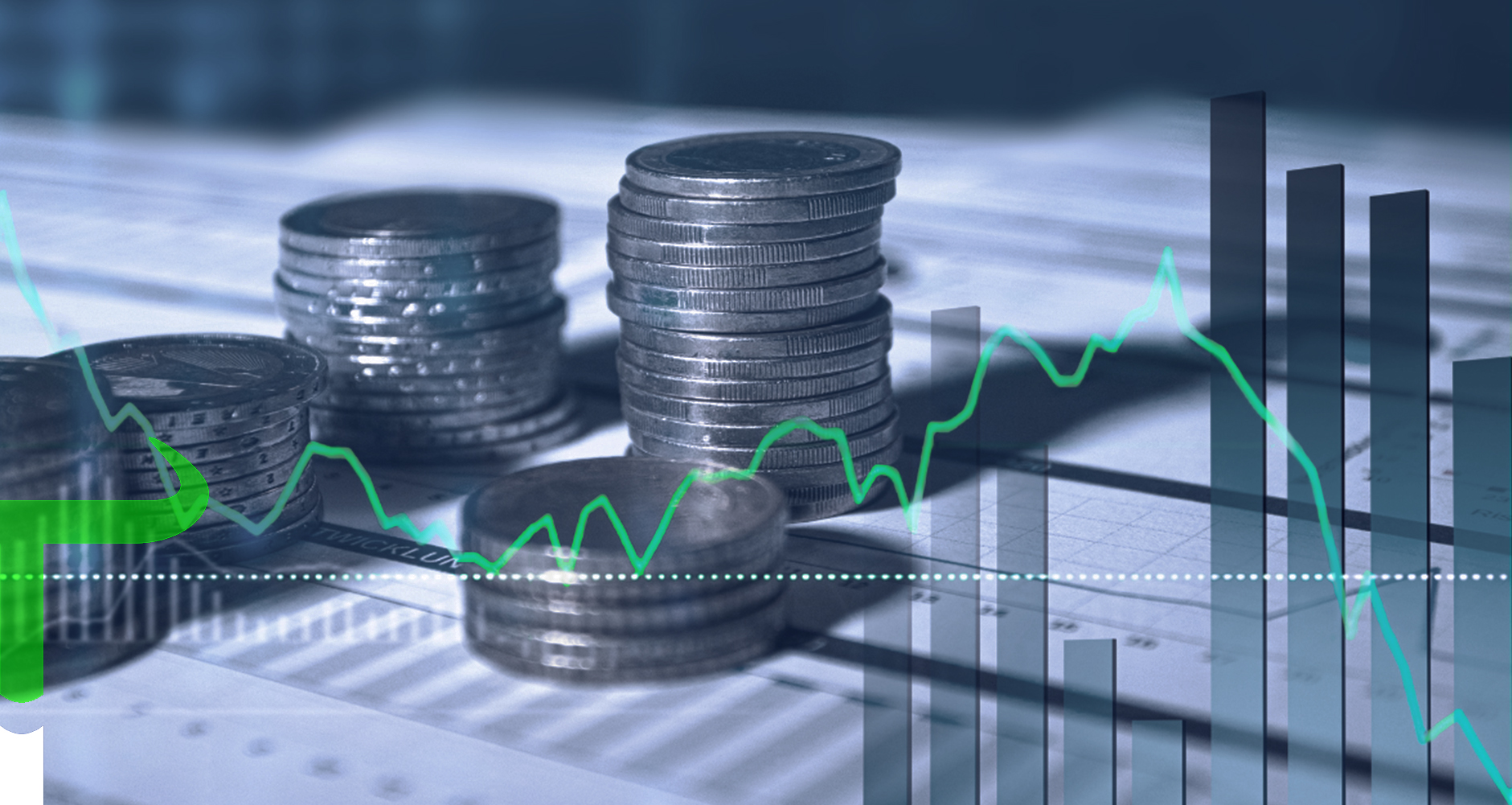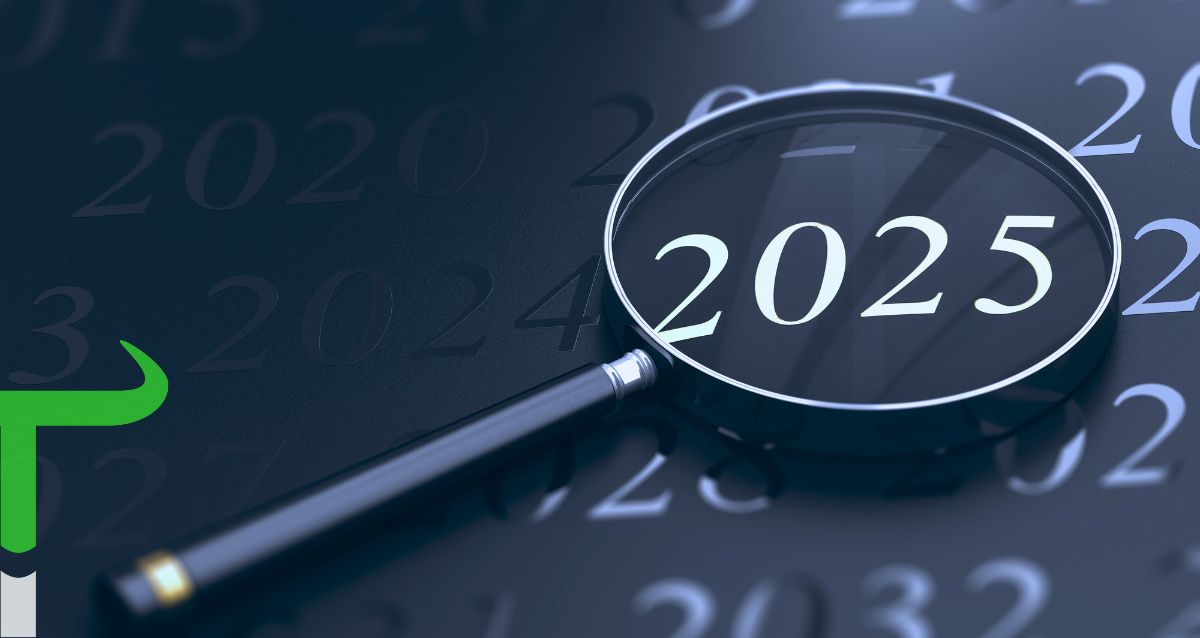Today, investors are presented with an array of investment options, each offering a unique blend of risk and return. Among these options, structured deposits have gained prominence, standing at the intersection of traditional deposits and structured investments. But what exactly are structured deposits, and why should you consider them and what’s the factors demanding careful consideration before investing? Let’s break it down.
What’s a structured deposit?
Structured deposits are a type of financial product that combines features of both traditional deposits and structured investments. In addition, these products are designed to provide a level of capital protection, meaning that the initial deposit amount is generally guaranteed by the issuer. However, unlike traditional deposits that offer fixed interest rates, structured deposits offer returns that are linked to the performance of an underlying asset, such as a stock index, a basket of securities, or a specific market benchmark.
Why consider structured deposits?
Diversification and enhanced yields: One compelling reason to explore structured deposits is their ability to diversify risks and enhance portfolio yields. By broadening exposure to various financial instruments without taking on excessive risk, investors can potentially improve overall returns.
Higher returns: Especially in a high-interest-rate environment, structured deposits offer the allure of higher returns compared to traditional fixed deposits. This potential for increased returns makes them an attractive option for investors seeking to maximize their earnings.
Access to different assets: Structured deposits open doors to markets and assets that are typically beyond the reach of retail investors. e.g. market indices, foreign equities, bonds, interest rates, commodities (crude oil, gold, wheat).
Things to think about before diving In!
Structured deposits come in different forms. You should consider whether a structured deposit fits with your financial goals, risk appetite and personal situation. When choosing a structured deposit, consider the following:
Liquidity: Investors must carefully assess their liquidity needs as structured deposits often tie up funds for a specified period. Early withdrawal may lead to a loss of part of the return and/or principal. Ensure you have sufficient savings set aside before considering structured deposits.
Risks: Structured deposits carry more risk than traditional fixed deposits. Investors must evaluate their risk appetite and understand the potential risks involved, seeking professional financial advice if needed. Understanding the worst-case scenario is essential for informed decision-making.
Returns: Given the link between structured deposits and underlying financial instruments, investors should understand how the performance of these instruments influences returns.
Terms and conditions: Thoroughly reading and understanding the terms and conditions is non-negotiable. If you do not understand how the product works, seek clarification. Do not buy anything you do not understand.
As we wrap things up, structured deposits offer a way to spice up your savings game. But, like any financial move, it’s crucial to know what you’re getting into. By considering your goals, understanding the risks, and reading the terms carefully, you can confidently step into the world of structured deposits, ready to make your money work a little harder for you.








